Knowing how much insurance coverage to buy for your home is harder than you expect. Should its insured value be the same as what you paid for it? Keith Rocha, an insurance agent with the American Insurance Group, said he frequently talks to homeowners who are unsure about the level of coverage they need. This is a question he hears often:
Should I insure my home for the purchase price?
Keith says the answer is usually no. Instead, he recommends you insure your home for the cost of rebuilding or repairing it, not for the amount you paid to buy it. These situations demonstrate why replacement cost is the better measure than market price:
When Land Costs are High
In some markets, the market value of land can be quite high. In those situations, the cost of the land makes the purchase price higher than what the replacement cost would be. You’d be over-insured if you covered the house at its purchase price, because your rates would be based on the land value, not the replacement cost to repair or rebuild the structure.
When the Market is Depressed
When housing inventory is high, there’s less competition from buyers, and prices drop. In that situation, you may be able to buy a house at a price that’s much less than you would spend to replace the structure. Keith says, “In a depressed market, when deals are abundant, you can often buy homes for dramatically less than the cost to build the same house.” In that case, you’d be underinsured if you only protected the house for its purchase price.
One of Keith’s clients could have easily found himself in this situation. In a depressed market, he paid about $100,000 for a nine-unit apartment complex and put another $100,000 into renovations. A year later, he suffered a total loss of the building. Fortunately, he had insured it at its replacement cost - not the purchase price - and received $425,000 to completely rebuild the complex. His only payment out of pocket was the insurance deductible.
When You Buy a Foreclosure or a Fixer-Upper
Similar to the situation above, you may get a great deal on a home that needs plenty of TLC or gets auctioned on the courthouse steps. But if the home should burn down, the replacement cost would be significantly higher than what you paid to buy the house in the first place. Again, you’d be underinsured in the case of an emergency.
Regardless of the type of market you are in, your home should always be insured at the amount it would cost to rebuild. That way, you’ll be better able to restore or rebuild your home to its former condition.
One way to determine the replacement cost of your home is to ask a local realtor the average cost per square foot to rebuild in your area. Do the math, and don’t forget to include special features in your home, like custom woodworking, or marble floors, that would drive up the replacement price if you needed to repair or replace them.
Replacement costs can change over time, so it’s also a good idea to review your policy on a regular basis to make sure your coverage is keeping pace with inflation and other factors influencing the local market. Remember, too, to make sure you have adequate insurance coverage for everything inside your home - artwork, jewelry, furniture, clothing and your other possessions.
WE HOPE THESE IDEAS AND TIPS ARE HELPFUL. PLEASE CALL ME WITH ANY OF YOUR HOME BUYING OR SELLING NEEDS AND QUESTIONS. (423-421-9192)


